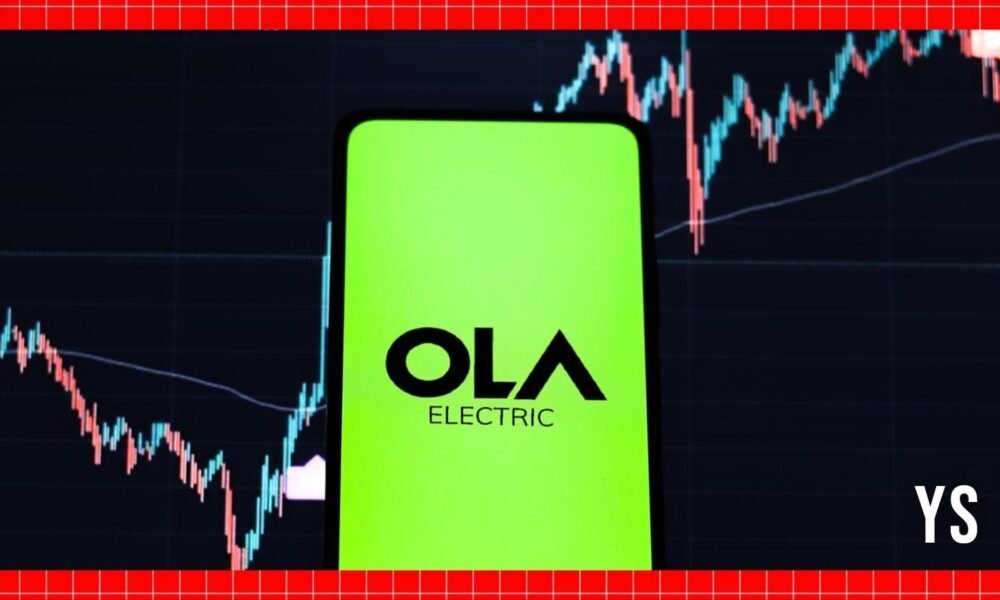JP Morgan Analysts Expect Bitcoin and Gold Gains Under Trump Presidency
JP Morgan analysts, led by Nikolaos Panigirtzoglou, foresee a strong bullish outlook for gold and Bitcoin under President-elect Donald Trump’s administration, driven by what they term a “debasement trade” strategy. This approach aims to profit from anticipated currency devaluation and inflationary pressures, which typically benefit assets viewed as stable stores of value, including gold and Bitcoin. JP Morgan’s analysis suggests that continued demand for exchange-traded funds (ETFs), geopolitical uncertainties, and major Bitcoin acquisitions by companies like MicroStrategy will support this trend through 2025.
Key Drivers Behind JP Morgan’s Bullish Prediction
Several factors underpin JP Morgan’s expectation of gains for Bitcoin and gold in the upcoming years:
Debasement Trade Strategy: The “debasement trade” benefits from policies that lead to currency devaluation, particularly during periods of expansionary fiscal policies. As the U.S. dollar loses value, investors often turn to hard assets like gold and Bitcoin to preserve purchasing power, positioning them as attractive hedges.
Geopolitical Tensions and Trade Policies: Trump’s stance on trade tariffs and the possibility of increased geopolitical tensions could lead to further dollar devaluation, adding to the appeal of Bitcoin and gold as alternative assets.
Rising Demand for Gold and Bitcoin ETFs: The analysts note significant demand for Bitcoin and gold ETFs since mid-2023, driven largely by retail investors. As institutional interest grows, these ETFs provide an accessible means of exposure, bringing fresh capital to both assets.
MicroStrategy’s Bitcoin Acquisition Plans: MicroStrategy, a major corporate holder of Bitcoin, has announced plans to increase its holdings. This institutional investment, combined with favorable economic conditions, is expected to create upward pressure on Bitcoin’s price, signaling confidence among large-scale investors.
The Role of Gold and Bitcoin as Inflation Hedges
Both gold and Bitcoin are widely recognized as stores of value that can serve as inflation hedges. In periods of high inflation or economic uncertainty, investors tend to favor assets that are not directly tied to fiat currencies, making gold and Bitcoin particularly attractive. Here’s how each asset fulfills this role:
Gold: Historically, gold has been a go-to asset during periods of inflation and currency devaluation. Its tangible, finite supply makes it a safe haven in times of economic instability, offering stability when other assets might be declining in value.
Bitcoin: While relatively new, Bitcoin’s limited supply of 21 million coins positions it as a “digital gold” with deflationary characteristics. Investors increasingly view Bitcoin as an inflation hedge, especially as regulatory clarity and institutional interest grow.
How Trump’s Economic Policies Could Boost Gold and Bitcoin
Under Trump’s administration, certain economic policies could amplify demand for Bitcoin and gold. Here’s what JP Morgan analysts highlight as key areas of influence:
Expansionary Fiscal Policies: Trump’s prior administration implemented tax cuts and expansionary measures that drove economic growth but also increased federal debt. If similar policies are enacted, they could result in inflationary pressures, driving up demand for assets like gold and Bitcoin as stores of value.
Increased Tariffs and Geopolitical Uncertainty: Trade policies, particularly tariffs, can lead to currency instability. Bitcoin and gold could benefit as investors seek out assets with less exposure to fiat currency fluctuations and trade uncertainties.
Support for Financial Innovation: Trump has previously expressed interest in fostering innovation within the financial sector, which may include support for cryptocurrency regulation. A regulatory environment that favors digital assets could encourage institutional investment, further supporting Bitcoin’s price growth.
Growing ETF Demand Signals Institutional Interest
The report also highlights the impact of ETF demand on Bitcoin and gold prices. The introduction of ETFs for both assets has allowed a broader range of investors to participate in these markets, bringing liquidity and stability. Key points include:
Retail Investor Demand: Since mid-2023, retail interest in ETFs has surged, particularly for Bitcoin ETFs. These products provide convenient and regulated access to Bitcoin, fueling demand and adding stability to its market.
Institutional Adoption of Bitcoin ETFs: With major players like BlackRock and Fidelity entering the Bitcoin ETF market, institutional adoption is likely to increase, encouraging further investments. ETFs lower the entry barrier for large investors and hedge funds, contributing to Bitcoin’s mainstream acceptance.
MicroStrategy’s Bitcoin Strategy and Institutional Confidence
MicroStrategy has been one of the most vocal institutional supporters of Bitcoin, holding significant amounts of BTC on its balance sheet. The company’s plans for continued Bitcoin acquisitions reflect a broader trend of institutional confidence in Bitcoin as an asset class:
Corporate Bitcoin Holdings: By increasing its Bitcoin reserves, MicroStrategy is signaling confidence in Bitcoin’s long-term value, potentially inspiring other companies to follow suit. This institutional buy-in could stabilize Bitcoin’s price and encourage broader adoption.
Market Influence: MicroStrategy’s Bitcoin holdings influence market sentiment, as its public commitment to Bitcoin boosts investor confidence and supports a long-term bullish outlook.
Risks to JP Morgan’s Prediction
While JP Morgan’s outlook is optimistic, analysts have identified potential risks that could impact Bitcoin and gold’s performance:
Regulatory Changes: Shifts in U.S. regulatory policy, particularly around digital assets, could introduce volatility to Bitcoin’s price. Strict regulations could dampen institutional participation and ETF demand, slowing Bitcoin’s growth.
Economic Policy Reversals: If Trump’s administration implements policies that strengthen the dollar, such as reducing tariffs or prioritizing economic stability, the demand for Bitcoin and gold as inflation hedges may decrease.
Market Volatility: Bitcoin’s inherent volatility remains a consideration for investors. Market corrections could impact short-term performance, even with strong long-term fundamentals.
Conclusion
JP Morgan’s analysis underscores a favorable outlook for Bitcoin and gold under Trump’s presidency, with expectations that inflationary policies, rising ETF demand, and strategic acquisitions by firms like MicroStrategy will drive these assets’ growth. The “debasement trade” strategy, geared toward profiting from currency devaluation, supports this trend by encouraging investment in assets seen as stores of value during economic uncertainty.
If these factors align, Bitcoin and gold could experience significant gains in the coming years, with Bitcoin’s expanding role as a digital store of value potentially setting new price benchmarks. For investors, this forecast highlights the strategic value of these assets within a diversified portfolio, particularly as the economy navigates potential inflation and currency pressures.
For further insights on Bitcoin, gold, and inflationary trends, explore our latest market analysis on investment strategies and asset performance under shifting economic policies.
Disclaimer: The information provided is not trading advice, Bitcoinworld.co.in holds no liability for any investments made based on the information provided on this page. We strongly recommend independent research and/or consultation with a qualified professional before making any investment decisions.





